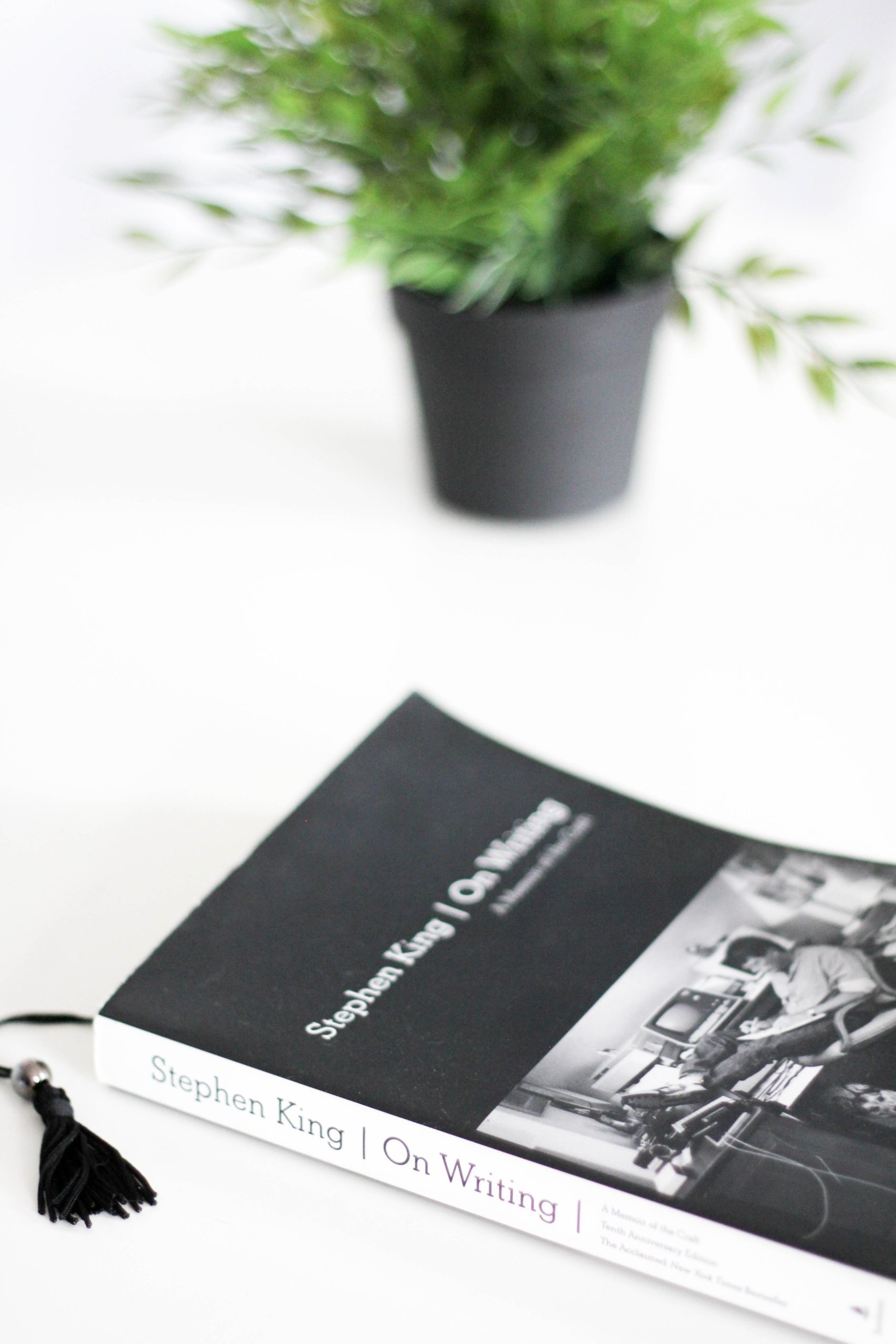Clear head space clutter in one easy lesson I got from training with my Karate Sensei. It is of the more important lessons my Sensei taught me had nothing to do with how to fight. It was cleaning the dojo floor, soji.
No training or promotion occurred before we properly prepared the space for the work ahead. Before classes we had to run the dust mop over the glossy surface of the two training floors. Everyone was responsible, but generally green and brown belts would do it. We were all taught to ask one of the black belts if the floor had been swept.
This simple habit gave us not just a clean floor. It provided a kind of competition to be the one to do the work and gave everyone a reason to be early to class. The only way to win was to be first on the floor. This practice opened my eyes to see how so much in this world is interconnected.
Once a month we would fill four five gallon buckets with hot water, soap and hand towels to wash the floors upstairs and the training mats and floors downstairs. Then we would line up by rank, highest first to wash the floor in the traditional way by running the towels over the surface by hand. Before promotion everyone came in several hours before the start of the day and cleaned everything from windows and floors to equipment and the large sand garden that was at the front of the main floor upstairs.
Sojido Training
Sojido, cleaning, is one of the most important parts of traditional martial arts training. It is used as a tool to drive home to students many of the lessons of respect, humility, character, etiquette, effort, self-control, and so on we get in class. Karate is meant to improve your whole life. Soji is takes those lessons into the practical to reach far outside of the training time to use those lessons for others and yourself. In Japan soji is serious business.
Soji in Japan
“Many people are likely to be familiar with Japanese words such as Bushido (literally, “the way of the warrior”) and judo (literally, “gentle way”). But what about sojido, or “the way of cleaning?” asks Satoru Imamura, head of the Nihon Soji Kyokai (Japan Cleaning Association)
Imamura goes on to say, “People can only truly change through action. We believe the programming of a brain changes when someone takes positive action and moves their hands, mouth and feet. Sojido is a type of training that helps define you as a person.”
Kaori Shoji, a Japanese writer, states, “A lot of things baffled me when I attended a Japanese school for the first time at the age of 14. Lot’s of things baffled me, but the custom of soji — or cleaning — of the classroom and school buildings every day after the last bell, seemed outrageous.”
“Each student had his or her own zokin (washrag), hand-stitched by themselves, hanging from little hooks at the back of the classroom and used to wipe the desks and windows.
Mops, buckets and brooms were kept in the corner for polishing the floors.” Shoji goes on to say “Why didn’t the school have janitors (or vacuum cleaners) for these tasks, I would ask, while wringing a cold, dirty zokin in a concrete sink. I mean, shouldn’t we like, get paid for our labor? But in vain. No one questioned the chores — they were part of our education. We were supposed to feel rewarded for acquiring the skills and virtues of seiketsu (cleanliness).”
Writer and Soji
Some serious stuff there. Soji is far more than just running a rag over the floor. The lessons from soji for the growing student are deep and far reaching.
So what does this mean for the writer’s goal to clear head space clutter?
The writer would do well to practice soji in his own work space. The lessons above are in and of themselves a great addition to the writer and the writer’s process. But there is another great lesson for the writer that is hidden in the lesson. When we clean we are actually removing clutter from our lives. For writers no other reason is as important to us than to banish the clutter from our work spaces to banish the caos from our minds. When we learn to clean the floor, we learn also to clear head space clutter
Our physical world about us does impact our thinking. It often robs us of the ability to keep our minds on task.
Clutter Impacts
You are sitting there writing, but you just cannot focus fully. We are all so used to distraction that we often don’t really notice when it happens. Our minds are dancing off on a thousand different thing. You notice the dust on the computer or the static holding it to the screen. Off goes the mind for the need to clean it. That leads to thoughts of the floor in the kitchen. Which of course reminds you to fix the sink. Then you remember you need to pick up trash bags for the can under the sink. The expense moves your mind to finances. Before you know it you have less than a page down and the entire afternoon is over.
So much ‘thinking’, none of it getting your words done. But you do get the added bonus of feeling constantly tired, stressed, with a touch of anxiety thrown in for good measure. You also are now closer to your deadline, with issues over lost dreams dancing in your head, low motivation and lost energy too.
That’s a lot to lose for a little dust. That’s why the lessons of soji are so important for the writer to learn. To clear the mind is to lighten your mental load. In the end a writer’s soji is all about thinking clean. When we practice soji for writing we banish the chaos in our writing space to banish it in our minds and eventually our work.
Soji is also good for learning the master’s mindset, which is an excellent frame of reference for a writer. Here’s a nice start. Beginner Mind Surrenders Expertise Becomes Mastery
Thoughts
We do this two ways, mentally through tools like brain dumps or journaling and physically by cleaning our work spaces as part of our work routines or as part of our organization process when we clean off the excess files and garbage from our computers, files, etc….
Making soji a part of our writing practice goes a long way to improve more than our moods. It will improve our work.









